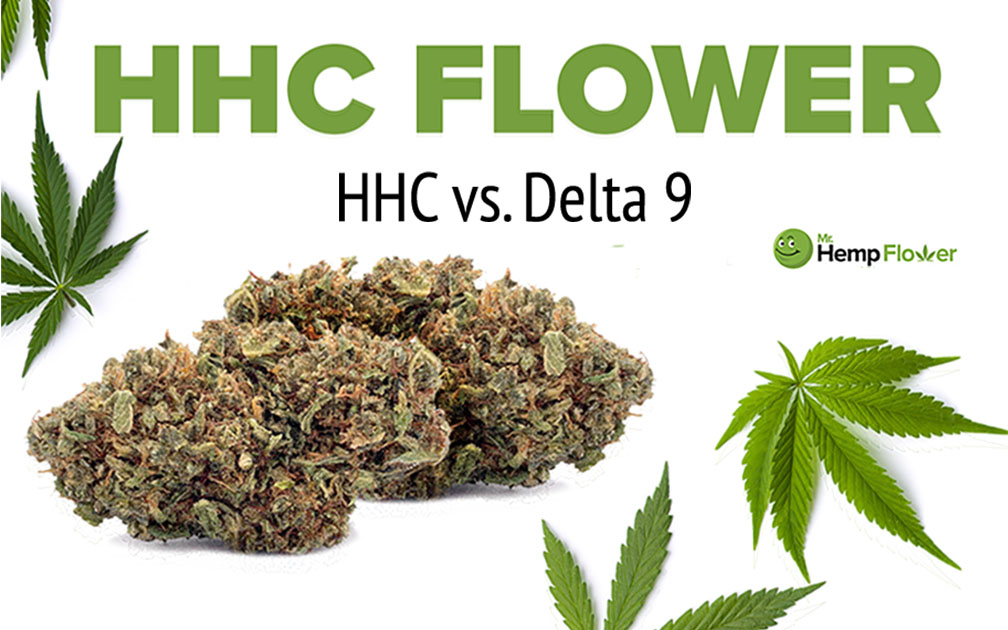After the boom of CBD/THC, authorities worry about HHC, which can be ingested, smoked or vaped, with effects similar to those of cannabis.
It may be the next big thing after the cannabidiol (CBD) wave and its controversies: HHC, also known as “synthetic cannabis”.
HHC sellers tout the euphoric sensations and mental and physical relaxation it brings. But health professionals worry it could get people hooked, and say it should be regulated.
Lets understand THC and HHC
Understanding THC
Delta 9-tetrahydrocannabinol (THC), commonly known as THC, is a substance linked to cannabis, recognized for its intoxicating effects that induce feelings of daze and euphoria. THC interacts with our body’s endocannabinoid system by stimulating CB1 and CB2 receptors. This activation sets off a series of effects in the brain, leading to alterations in consciousness, commonly referred to as psychoactive effects. These effects encompass euphoria, shifts in auditory and visual perception, and distortions in the perception of time.
The global perception of the potential risks associated with THC and marijuana varies widely. While THC sales are legal in certain regions of the USA and Canada, numerous countries in Asia and Europe strictly prohibit its sale. In the Czech Republic, stringent regulations exist, and as of 2022, over-the-counter cannabis products are limited to no more than 1 percent THC. In some other European countries, this limit is even lower, often at 0.2 or 0.3 percent. Although THC in such minimal quantities lacks psychoactive effects, its presence in over-the-counter products, alongside CBD, CBN, or CBG, can enhance the overall effects through a phenomenon known as the entourage effect.

Understanding HHC
Hexahydrocannabinol (HHC) emerged in 1944, thanks to American chemist Roger Adams, who conducted laboratory experiments combining THC with hydrogen molecules. In this process of hydrogenation, Adams altered the molecular structure by replacing the double bond found in THC. This marked the inaugural creation of HHC in a laboratory setting. Fast forward to 2020, when Spanish researchers J. Basas-Jaumandreu and F. Xavier C. de las Heras scrutinized a lipid extract from cannabis sativa seeds, unveiling 43 cannabinoids, including HHC. Surprisingly, it was discovered that HHC occurs naturally in cannabis. However, its scarcity makes direct extraction from the plant economically impractical. Consequently, contemporary methods involve extracting HHC from CBD in laboratories, employing more intricate chemical processes.
The recently popularized cannabinoids, namely delta 7-, 8-, and 10-THC, represent slight modifications of THC, each characterized by differences in the location of the double bond within their molecular structure. While all belonging to the THC family, these variations exhibit varying degrees of compatibility with the endocannabinoid system. In the case of HHC, its molecular structure closely mirrors that of the most abundant cannabinoid. The key disparity lies in the intentional breaking of the double bond, subsequently replaced by hydrogen. This addition of hydrogen imparts greater structural stability to HHC compared to THC. As a result, HHC can be stored for significantly extended periods. Notably, HHC displays heightened resistance to oxidation, as well as enhanced resilience to heat and UV radiation when compared to THC.
Comparing THC and HHC
While information on HHC is limited, caution is advisable when evaluating its effects. Discussions often center around a perceived intoxication at roughly half the intensity of THC. Unlike THC, which is rarely found in its nearly pure form, products with up to 99% HHC concentration are available on the market, mitigating the need for excessive caution.
Hexahydrocannabinol does not typically induce a significant increase in body temperature or heart rate, and its sedative effects are moderate, promoting a sense of calm and relaxation. Preliminary study findings indicate that HHC’s impact on the human body closely parallels that of THC.
On one hand, there’s potential for pain relief and a sense of tranquility, but on the other, there’s a risk of experiencing anxiety, dizziness, or paranoia. The most notable paradox lies in its effect on sleep, as HHC’s impact varies among users—it can either aid in falling asleep or exacerbate insomnia problems. आयुर्वेद वाले समझ सकते है , कि वात प्रकृति वालो की नींद कम हो जाएगा , कफ वालो की बढ़ जाएगी ( आयुर्वेदाचार्य कृपया अपनी राय दे |
The appeal of HHC lies in its legal status, ensuring easy accessibility. However, the permanence of this legal status remains uncertain and might change in the future. Despite heightened interest in certain circles, HHC is relatively new, and comprehensive research or studies mapping its effects and risks are lacking. While HHC is currently legal in the Czech Republic, legislative frameworks in other countries may differ concerning HHC.


